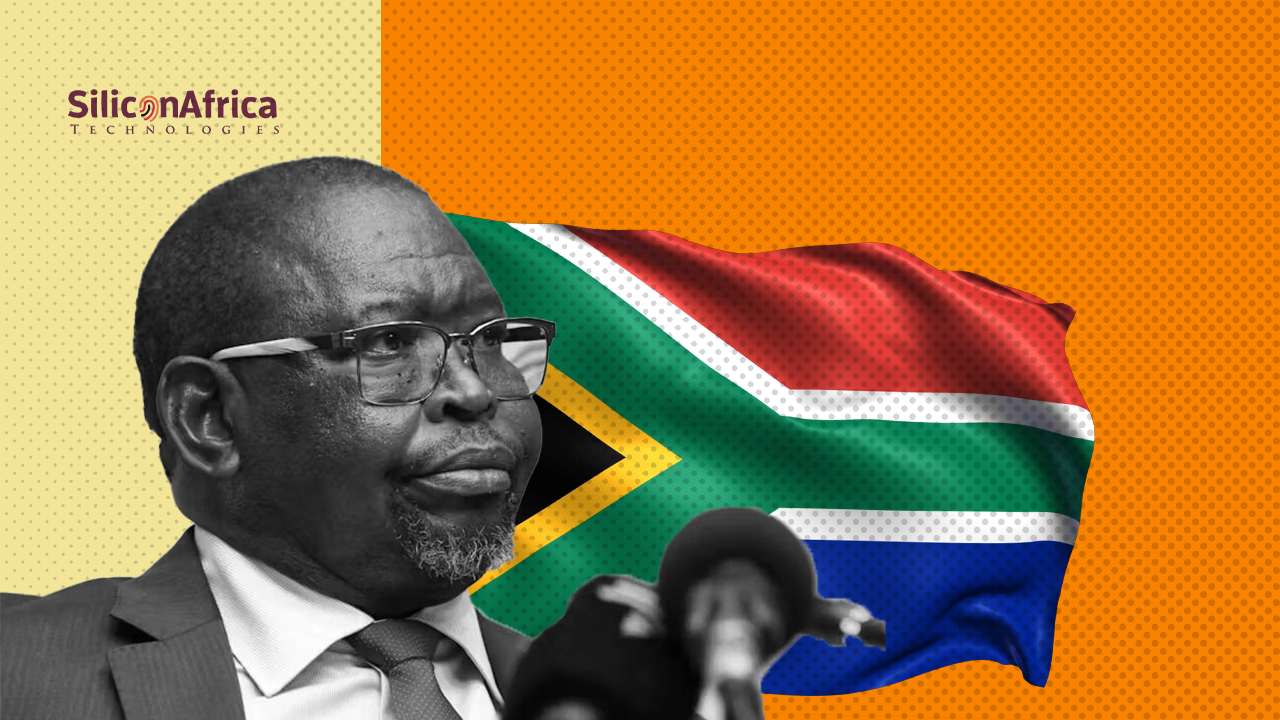Physical Address
60 Ekwema Cres, Layout 460281, Imo
Physical Address
60 Ekwema Cres, Layout 460281, Imo

South Africa is facing pressure as it tries to increase its Value Added Tax (VAT). South Africa Finance Minister Enoch Godongwana last week announced that South Africa’s VAT will increase by half a percentage point in May 2025 and another half a point in April 2026. The overall VAT rate, therefore, will be 16% by the year 2026, down from the original 17%.
The majority are not happy about this decision, especially some of the political parties within the Government of National Unity (GNU). They say they will not be voting for the increase in VAT. But this is the thing: even if the 2025 Budget is not passed in parliament, the increase in VAT is still going to happen. The reason for this is that once the Minister has made a declaration, it does not need the approval of parliament to happen.
Read Next: Badili has Secured $400,000 in Funding to Increase Technological Accessibility across Africa
A lot of people fear this increase will hit low-income families hardest. But the government is trying to take the sting out of it. They’re increasing social grants and making more foodstuffs VAT-free, so poorer families will not suffer so much.
National Treasury staffer Chris Axelson explained that the VAT increase is indeed the least economically damaging. For him, if they were to raise taxes any other way, it would have caused more inflation. So, they’re offering extra money to help old people cope with the VAT increase.
South Africa is faced with some massive economic problems right now. The commodity price boom after Covid is over, and mining sectors are in distress. To handle this, the government is focusing on investing in things like roads, water, and electricity. They believe that if these basic services are reliable, companies will be more efficient and cost-effective.
The government is also working in conjunction with private businesses to fund and build such initiatives. The cooperation is seen as crucial for economic development. However, South Africa is still vulnerable to risks like global economic instability and geopolitics. The country does not have a large safety net to protect it from such problems, thus the importance of cooperation between the government and the private sector.
The current situation with the budget might seem unusual, but it is not new in democracies. It is hoped that politicians will find a way to agree and have the budget passed without them needing to make major adjustments or to start from scratch. Currently, the VAT rate hike will go ahead from May 2025, which will be a significant change in South Africa’s VAT environment.
Read Next: Google is Investing R2.5 Billion in a New Cloud Computing Project in South Africa
As the government continues along these challenges, it’s clear that finding the balance between raising money and protecting vulnerable citizens is a difficult path to tread. But by putting money into infrastructure and working together with the private sector, there’s hope that South Africa will be able to build a more robust economy down the line. Even with the uncertainty, ensuring that South Africa Increasing its Value Added Tax (VAT) does not disproportionately affect those who are in the most need is the priority.
Was this information useful? Drop a nice comment below. You can also check out other useful contents by following us on X/Twitter @siliconafritech, Instagram @Siliconafricatech, or Facebook @SiliconAfrica.